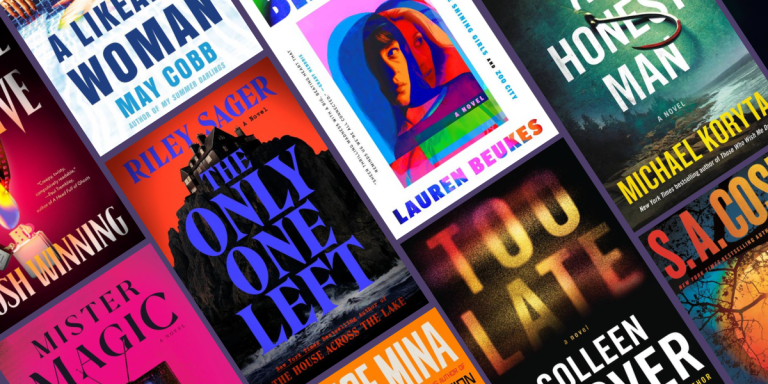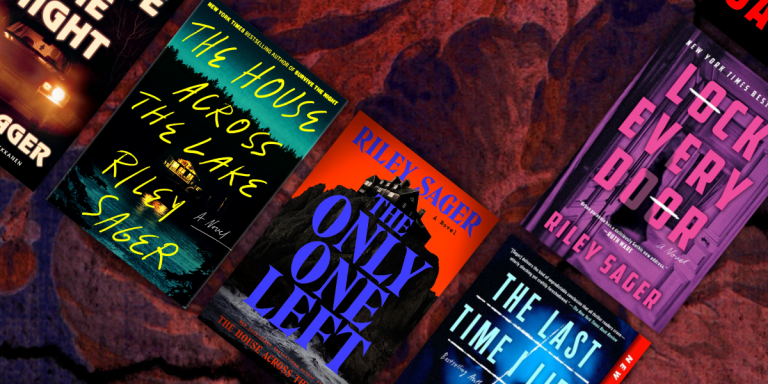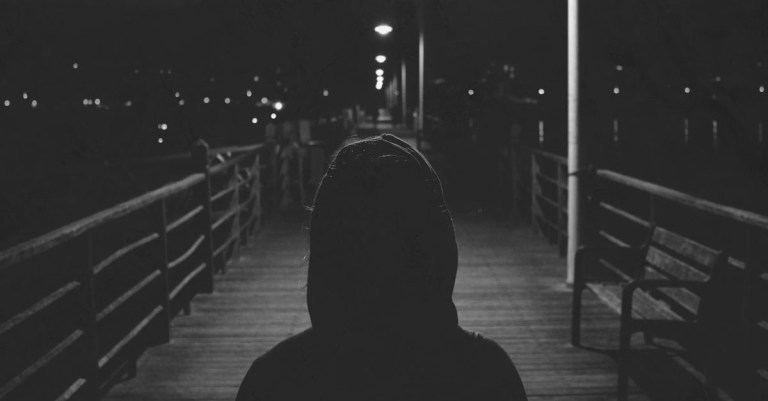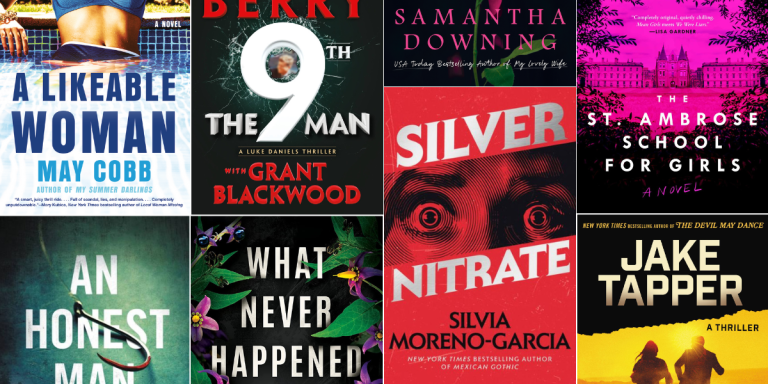5 Crime Novels Megan Collins Wishes She’d Written
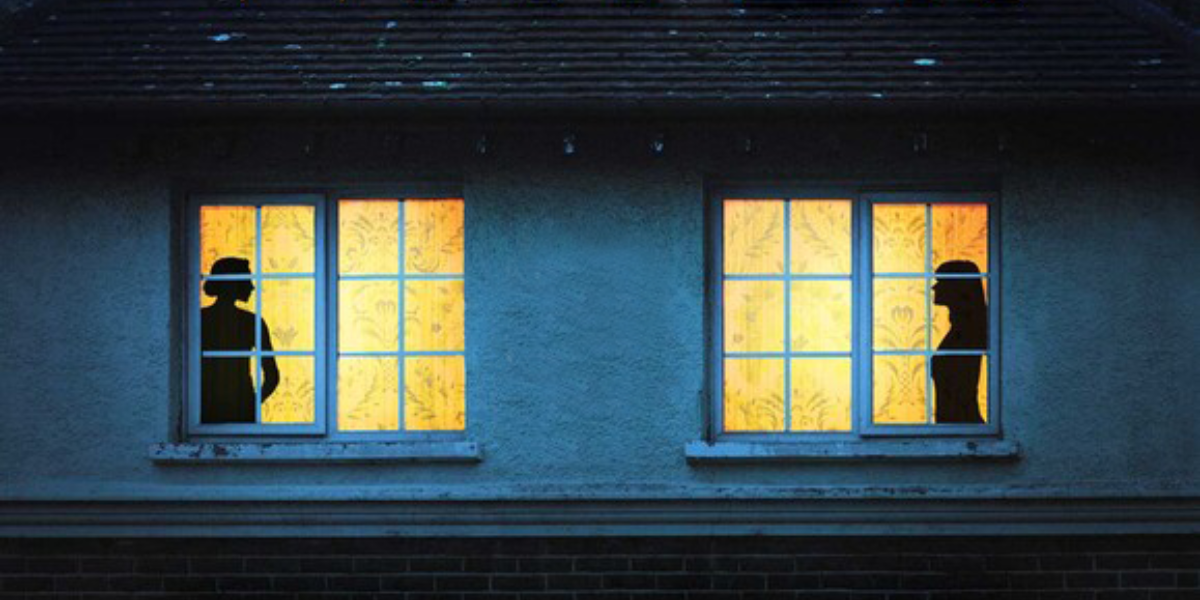 Like most writers, I’m constantly reading, which means I’m constantly learning how to write. Sure, I’ve been writing all my life and my fourth novel, Thicker Than Water, releases this summer, so I’ve got a good amount of experience already under my belt, but whenever I dive into a great book, it’s nearly impossible to turn off my author brain. I’m always searching for the seams in the writing, the parts that will show me exactly how the author managed such a shocking twist or emotional character arc. Of course, in great books, the seams are usually invisible, the author’s painstaking labor made to look effortless, as if the story arrived one day completely by magic. Still, I consider other authors to be my best teachers—never more so than when I finish their book and think, “Wow. I wish I’d written that.”
Like most writers, I’m constantly reading, which means I’m constantly learning how to write. Sure, I’ve been writing all my life and my fourth novel, Thicker Than Water, releases this summer, so I’ve got a good amount of experience already under my belt, but whenever I dive into a great book, it’s nearly impossible to turn off my author brain. I’m always searching for the seams in the writing, the parts that will show me exactly how the author managed such a shocking twist or emotional character arc. Of course, in great books, the seams are usually invisible, the author’s painstaking labor made to look effortless, as if the story arrived one day completely by magic. Still, I consider other authors to be my best teachers—never more so than when I finish their book and think, “Wow. I wish I’d written that.”
For several years, I had an idea marinating about a thriller set within a writing retreat, so when I saw the premise to Julia Bartz’s debut, I’ll admit that, initially, my heart sank a little. However, I quickly got over the twinge of disappointment that another writer had “gotten there first” because the book’s description was so enticing. An aspiring author is invited to the estate of her favorite horror writer for an intense month-long retreat in which attendees must complete a novel from scratch in order to compete for a life-changing publishing deal. But the retreat soon goes off the rails as strange behavior, mind games, and secrets within the estate itself combine to create a claustrophobic atmosphere—which they might not all survive. This book is as captivating as it is creative, and I’m so grateful to Bartz for penning what is truly the writing retreat thriller of my dreams.
I was doing a virtual event with Kathleen Barber (author of Truth Be Told, inspiration for the hit AppleTV+ series) when one of the audience members asked, “What book do you wish you’d written?” Kathleen and I hadn’t heard this question ahead of time, nor did we discuss our answers with each other, but we both chose books by Marisha Pessl. Kathleen’s was Special Topics in Calamity Physics and mine was Night Film. This was a big surprise to both of us that night, but perhaps it’s not so surprising, given that Pessl’s novels feel designed to spark some healthy writerly envy. Night Film, which is about a disgraced journalist who investigates the mysterious death of a reclusive horror director’s daughter, is not only so riveting that I accidentally skipped meals to keep reading, but it’s also filled with supplemental narrative materials—photographs, magazine articles, police reports—that make it one of the most immersive reading experiences I’ve ever had. By the time I finished, it was difficult to believe I couldn’t watch the fictional director’s films online, or that there wasn’t actually a secret online community/cult devoted to his work—and I think it’s every writer’s dream (or, at least, it’s this writer’s dream) to make their books feel that real to readers.
Gillian Flynn’s Gone Girl is justifiably one of the most successful psychological thrillers of all time, but it’s Flynn’s debut, Sharp Objects, that’s my personal favorite of hers. All of my own books have, in some way, centered deeply dysfunctional families (or, in the case of my latest, Thicker Than Water, families that believe they’re perfectly functional until something happens to reveal the darkness and dysfunction that’s been there all along). It’s no wonder, then, that I’m particularly drawn to Sharp Objects, in which the giant cracks in a family’s foundation are apparent from the start—and only grow wider as the story careens toward its shocking climax. In the book, reporter Camille returns to her small hometown to cover the murder of two preteen girls, and in the process must face her menacing history with her mother and the increasingly dangerous rebellions of her thirteen-year-old sister. The relationships Flynn depicts are as vivid as they are twisted, making it an irresistible, gold-standard entry in the family dysfunction canon. The first time I read it, I felt so creatively invigorated, I couldn’t help but wish I’d thought of the story myself.
I have a note in my phone titled “The Best Reading Experiences I’ve Ever Had” and at the top of the list is The Roanoke Girls. I picked up the book on a whim when I saw it at the library, and like all people who lie to themselves, said, “I’ll read one chapter before bed.” One chapter turned into half the book, and the next day, I ignored all my responsibilities (i.e. writing my own book) to finish it. It’s another dark story of family dysfunction, so obviously I had no chance from the start, but add some gothic vibes into that? I was a goner. The book is about Lane, who lived with her grandparents and cousin Allegra after her mother’s death, then ran away after discovering a horrible truth. Eleven years later, Allegra disappears and Lane returns, investigating whether Allegra, too, got the hell out of dodge—or if something far worse happened to her. Amy Engel expertly guides us through a series of stunning revelations until you’re spinning through the pages, losing time, losing sleep, desperate for more. And while the book is excellent enough to make me wish I’d written it myself, I’m so glad I didn’t, because then I wouldn’t have had the immense, unforgettable pleasure of reading it.
Writers are always striving to give their readers a story they’ve never seen before, and Gillian McAllister delivered exactly that with Wrong Place Wrong Time, about a woman who witnesses her eighteen-year-old son stab a man outside their home and then keeps waking up a day—or more—earlier, embarking on a journey to figure out why the crime happens so she can try to stop it in the future. This book is Lisa Jewell meets Blake Crouch, and in addition to its impeccable plotting, it’s quite a moving story about parental guilt and familial connection. McAllister took big risks with Wrong Place Wrong Time, and they all paid off beautifully. The book is such a game-changer in the genre, so of course I had several “Wow, I wish I’d thought of this” moments while reading—but the truth is, I never could have thought of it. Not the brilliant premise. Not the series of jaw-dropping twists. Not the clever, masterful way the story unfolds. All I can do is read it and be in awe.
Discover the Author
Megan Collins is the author of Thicker Than Water, The Family Plot, Behind the Red Door, and The Winter Sister. She taught creative writing for many years at both the high school and college level and is the managing editor of 3Elements Literary Review. She lives in Connecticut, where she obsesses over dogs, miniatures, and cake.
Julia and Sienna Larkin are sisters-in-law, connected by Julia’s husband and Sienna’s brother, Jason. More than that, the two are devoted best friends and business partners, believing that theirs is a uniquely unbreakable bond. To Sienna, her protective brother can do no wrong, and although Julia knows he’s not perfect, they’ve built a comfortable life and family together. Recently, Jason has been putting in long hours to secure a promotion at work, so when his boss is found brutally murdered—his lips sewn shut—the Larkins are shocked and unsettled, especially as local gossip swirls.
A few days later, Julia and Sienna’s lives are upended when Jason gets into a car accident and is placed in a medically induced coma. Worse, the police arrive with news that he’s the prime suspect in the murder investigation. With Jason unable to respond—and with Julia and Sienna working to clear his name—the two women find their friendship threatened for the first time: Sienna staunchly maintains her brother’s innocence, but as their investigation uncovers a complicated web of secrets, Julia is less sure she’s willing to defend her husband.
By clicking 'Sign Up,' I acknowledge that I have read and agree to Hachette Book Group’s Privacy Policy and Terms of Use
What to Read Next
